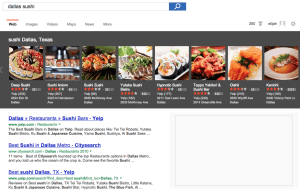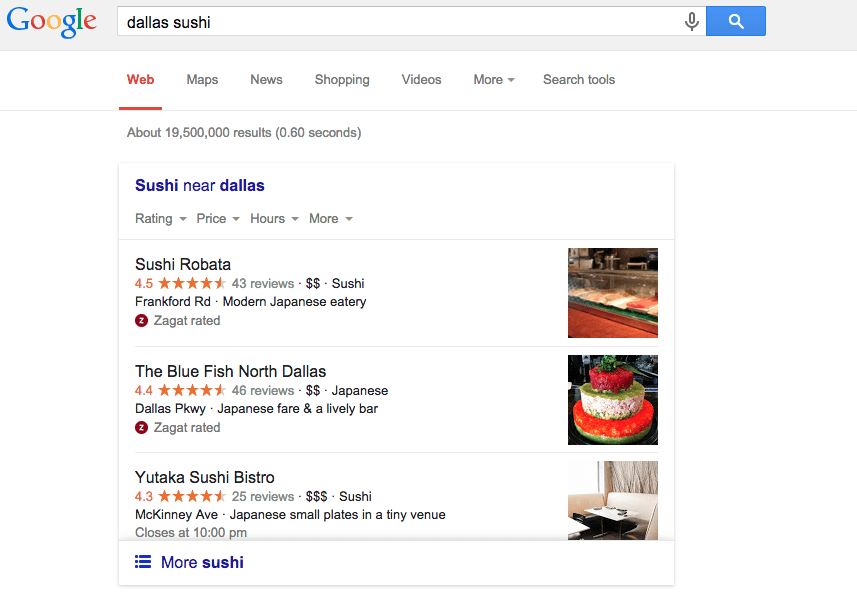
Leave it up to Google to reverse one of the biggest visible changes to search engines in many years. Back in the beginning of the year, they announced that they would begin showing around 320 characters underneath the titles when you perform a search on their website. This was a big change, as the number of websites shown above the fold and on your screen would have shrunk by 2-5 (depending on your screen size). That meant that if your website had longer description tags, it would take up more space and valuable real estate on the already crowded search engine results pages.
Reducing Meta Descriptions
In a surprising decision, Google has reduced the number of characters shown in meta descriptions on the search engine results page from ~320 back to ~160. While this does not mean the end of the world, it does mean that your descriptions will cut off, sometimes mid-sentence.
Recently, Google has used the description tags as a suggestion, instead of a definite. For instance, if someone searches for a very specific thing and the page that relates to it does not have that term in the description, Google will randomly take the liberty of replacing it with content from the page that does.
Why are metas important?
Titles and Descriptions are the first impression that searchers get when perusing the list of websites to click on for their particular search. Well-written and descriptive meta tags entice users to click on your site, so spending the time to write and rewrite them is worth it. If you have the best website in the world, but poorly written, or missing metas, your website will miss out on traffic from search engines, as you have not given searchers a reason to click on your site. Metas are one of the most important factors driving traffic to your website.






